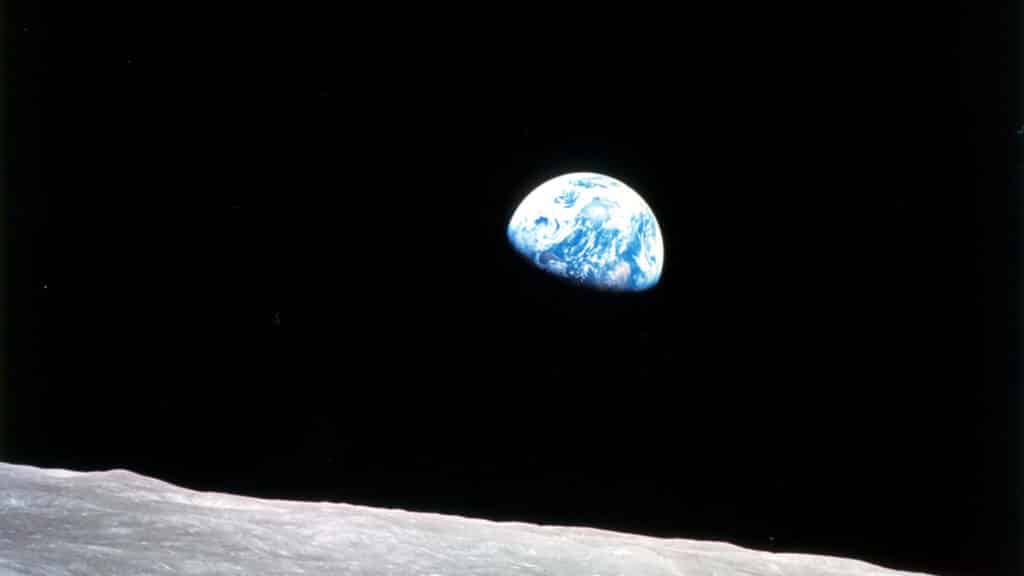The history of ecological engagement in the 20th century is partly embodied by the figure of Denis Hayes. In 1970, this Harvard University student stood alongside Gaylord Nelson, a young senator from Wisconsin, to highlight the urgent necessity to protect our planet. This movement gave birth to the Earth Day, a major event that reminds us of our collective responsibility in the face of environmental threats. It is with this momentum that Denis Hayes also carved out a place in the history of renewable energies, promoting sustainable solutions through a network of committed and innovative initiatives. His career is a vibrant testament to the transition towards a more environmentally respectful future.
Denis Hayes, a name that resonates with undeniable power in the world of ecology and renewable energies. At the crossroads of a passionate desire for change and an unshakeable determination, he is, without a doubt, an essential player in the energy reinvention of the 20th century.
In 1970, as a young law student at Harvard, Hayes joined Gaylord Nelson to give birth to a societal upheaval: Earth Day. This event, conceived as a response to alarming pollution, marked a decisive turning point by raising awareness among millions about environmental issues. Through his leadership, Denis Hayes transformed what could have remained a simple mobilization into a powerful global movement.
Beyond this commitment to Earth Day, Hayes has continually flown the flag for renewable energies. He has played a crucial role in promoting them, looking beyond the present moment to envision a future where sustainable energy would become the norm. His work has inspired and continues to inspire generations of innovators, researchers, and activists determined to build a future respectful of our planet.

First Steps and Inspirations
Denis Hayes, born in the United States in 1944, grew up in an era marked by increasing awareness of environmental issues. From a young age, he showed a keen interest in nature conservation and the impact of human activities on our planet. During his studies at Stanford University and later at Harvard, he was influenced by emerging environmental movements and discussions about social responsibility. His university experience was pivotal in shaping his trajectory in the field of environment.
Earth Day: A Major Turning Point
In 1970, Denis Hayes played a central role in organizing the first Earth Day in the United States, a catalytic event for ecological awareness. At the time a law student at Harvard, he responded to the call of Senator Gaylord Nelson and successfully mobilized over 20 million Americans to advocate for the environment. This initiative, aimed at protesting the ravages of pollution, attracted national attention and marked a turning point in the development of environmental policies in the United States. Thanks to this historic event, Denis was propelled onto the international stage as a remarkable ecological activist.
Contribution to Renewable Energies
Throughout his career, Denis Hayes has been a staunch advocate for renewable energies. Having presided over the Solar Energy Institute based in Washington for several years, he works towards a more sustainable and just energy transition. He is also involved in numerous projects for the development of these clean energies, both in the United States and internationally. With his innovative vision, Hayes actively contributes to promoting alternative energy solutions and thus helps shape a new era for energy. His commitment is crucial for encouraging the reduction of greenhouse gas emissions and for protecting our earth from the harmful impacts of fossil resource exploitation.
Articles similaires
Thank you!
We will contact you soon.














